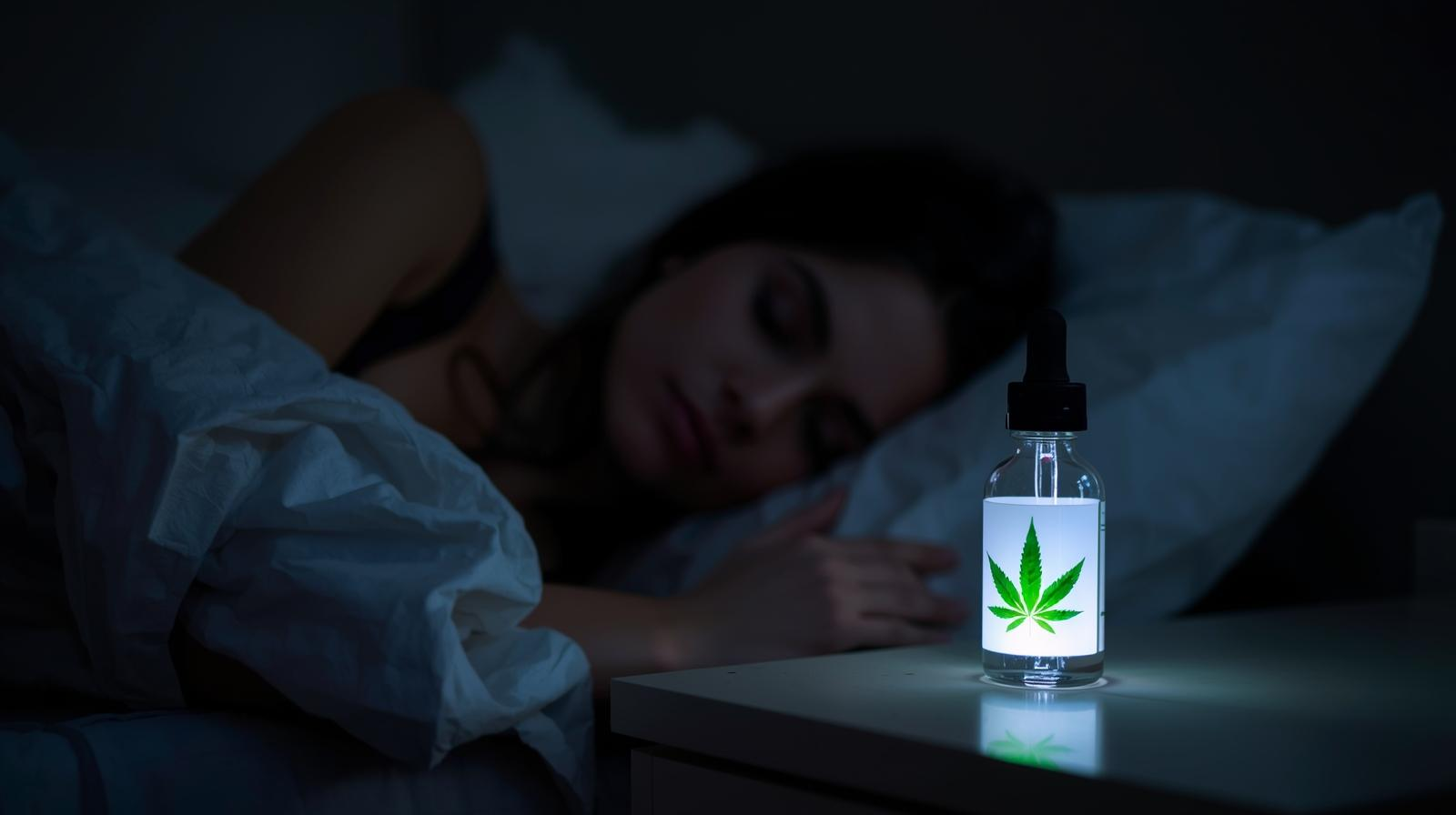As the legal and cultural landscape of cannabis evolves across the United States, researchers are uncovering new insights into its potential role in sleep health. With an estimated 70 million Americans struggling with sleep-related problems, the demand for effective, safe, and sustainable solutions is higher than ever. Cannabis, long viewed through a lens of controversy, is now emerging as a possible tool in addressing these widespread disorders.
Understanding Sleep Disorders
Sleep disorders encompass a range of conditions, from insomnia and sleep apnea to restless legs syndrome and excessive daytime fatigue. Insomnia alone affects millions, often triggering or worsening anxiety, depression, and cardiovascular concerns. Conventional treatments—ranging from over-the-counter sleep aids to prescription medications and behavioral therapy—can help but often come with drawbacks like dependency, tolerance, or unwanted side effects. These challenges have led many to explore cannabis as an alternative approach.
Cannabis as a Sleep Aid
Evidence suggests that cannabinoids such as cannabidiol (CBD) and delta-9-tetrahydrocannabinol (THC) may influence sleep quality and onset. A 2022 study in the Journal of Clinical Psychology found CBD significantly reduced anxiety, a common barrier to restful sleep. THC, meanwhile, has been linked to shorter sleep latency, though it may also reduce time spent in REM sleep—an essential stage for memory consolidation and emotional regulation.
Patients’ experiences reinforce these findings. In the 33 states where medical cannabis is legal, many individuals report meaningful improvements in sleep patterns. Physicians often recommend cannabis for insomnia and related conditions, reflecting a growing openness in the medical community.
Expert Perspectives
Specialists urge both optimism and caution. Dr. Leslie W. Miller of the American Academy of Sleep Medicine emphasizes that much of the current data is based on patient self-reports rather than rigorous clinical trials. This makes it difficult to draw definitive conclusions about efficacy and long-term safety.
Product variability further complicates matters. Different cannabis strains and formulations can produce widely varying effects, meaning one patient may experience restful nights while another sees little improvement—or even worsening symptoms. This lack of standardization remains a significant barrier to reliable outcomes.
Emerging Trends in Use
The cannabis industry has responded to consumer demand with an expanding lineup of sleep-focused products: tinctures, capsules, edibles, and blends enhanced with melatonin or herbal sleep aids like valerian root. Public perception is shifting as well. A 2023 National Sleep Foundation survey revealed that 37% of respondents consider cannabis a viable option for sleep problems—up significantly from a decade earlier.
This cultural shift reflects both increasing advocacy and a growing acknowledgment of cannabis’s therapeutic potential.
Legal and Regulatory Challenges
Despite expanding state-level legalization, cannabis remains a Schedule I substance under federal law. This classification restricts research opportunities and complicates regulatory oversight, slowing the development of standardized guidelines for medical use. Experts anticipate that as acceptance widens, funding and policy changes could pave the way for more robust scientific exploration in the coming years.
Looking Ahead
The relationship between cannabis and sleep disorders is promising but complex. Early evidence and patient experiences suggest that cannabinoids may offer relief for those struggling with sleeplessness, yet the lack of standardized products and large-scale clinical trials underscores the need for caution.
For millions of Americans, cannabis represents a hopeful alternative in the search for restorative rest. But until science catches up with public interest, patients and providers must navigate this emerging field with informed care and realistic expectations.
As research expands, cannabis could well mark the beginning of a new chapter in sleep medicine—one that bridges ancient practices with modern science in the pursuit of healthier, more restful nights.
Georgia Residents
Cannabis is not just a passing trend—it’s a time-honored botanical with a rich history of healing. For too long, its medicinal potential has been clouded by stigma and legal barriers, leaving many without access to natural relief. Now that medical cannabis is legal in Georgia, residents have a safe, plant-based alternative worth considering. If you believe it could support your health, apply today for your 5-year medical cannabis card.
Click Below to Apply for a Georgia Medical Cannabis Card

STILL HAVE QUESTIONS? CLICK BELOW FOR FAQ


